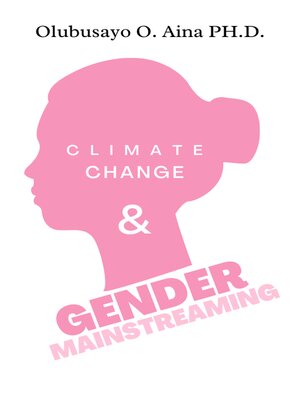
Sign up to save your library
With an OverDrive account, you can save your favorite libraries for at-a-glance information about availability. Find out more about OverDrive accounts.
Find this title in Libby, the library reading app by OverDrive.



Search for a digital library with this title
Title found at these libraries:
| Library Name | Distance |
|---|---|
| Loading... |
Climate change refers to the long-term alteration of temperature and typical weather patterns in a place. It is primarily driven by human activities, notably the burning of fossil fuels, deforestation, industrial processes, and unsustainable land-use practices. These activities release greenhouse gases (GHGs) into the atmosphere, enhancing the natural greenhouse effect and leading to global warming.
The consequences of climate change are far-reaching, including rising sea levels, more intense and frequent extreme weather events, shifting agricultural patterns, loss of biodiversity, and disruptions to freshwater systems. These impacts threaten not only environmental stability but also social and economic structures, particularly in vulnerable communities.
Gender refers to the socially constructed roles, responsibilities, behaviors, and expectations assigned to individuals based on their sex. These roles differ from one society to another and are influenced by cultural, religious, historical, and economic factors. While "sex" is a biological classification, "gender" is a fluid and evolving social concept.
In the context of climate change, gender plays a significant role in shaping people's experiences, vulnerabilities, and capacities. Women and men often face different risks and opportunities due to their distinct roles in families and communities, access to resources, and participation in decision-making processes.







